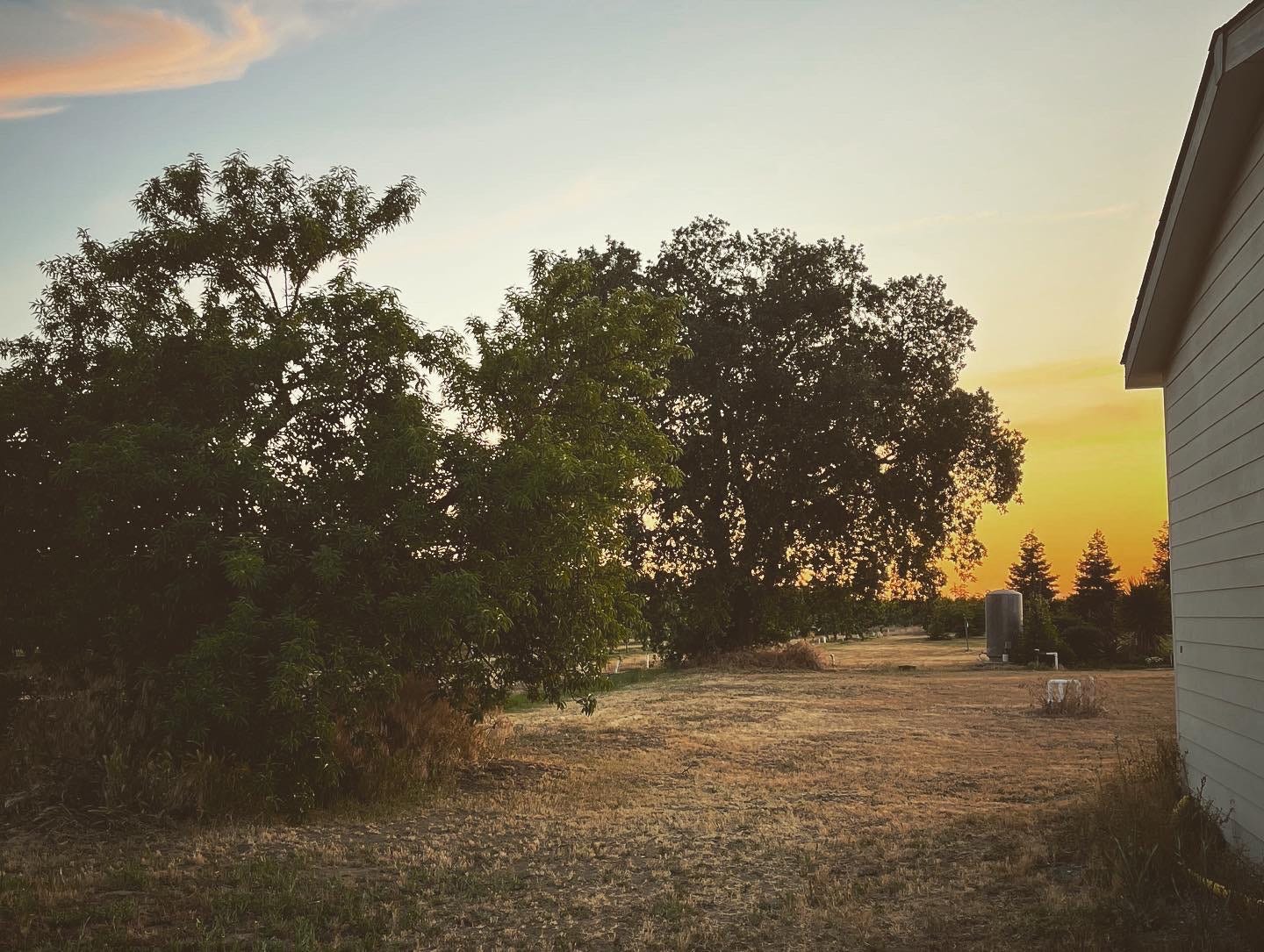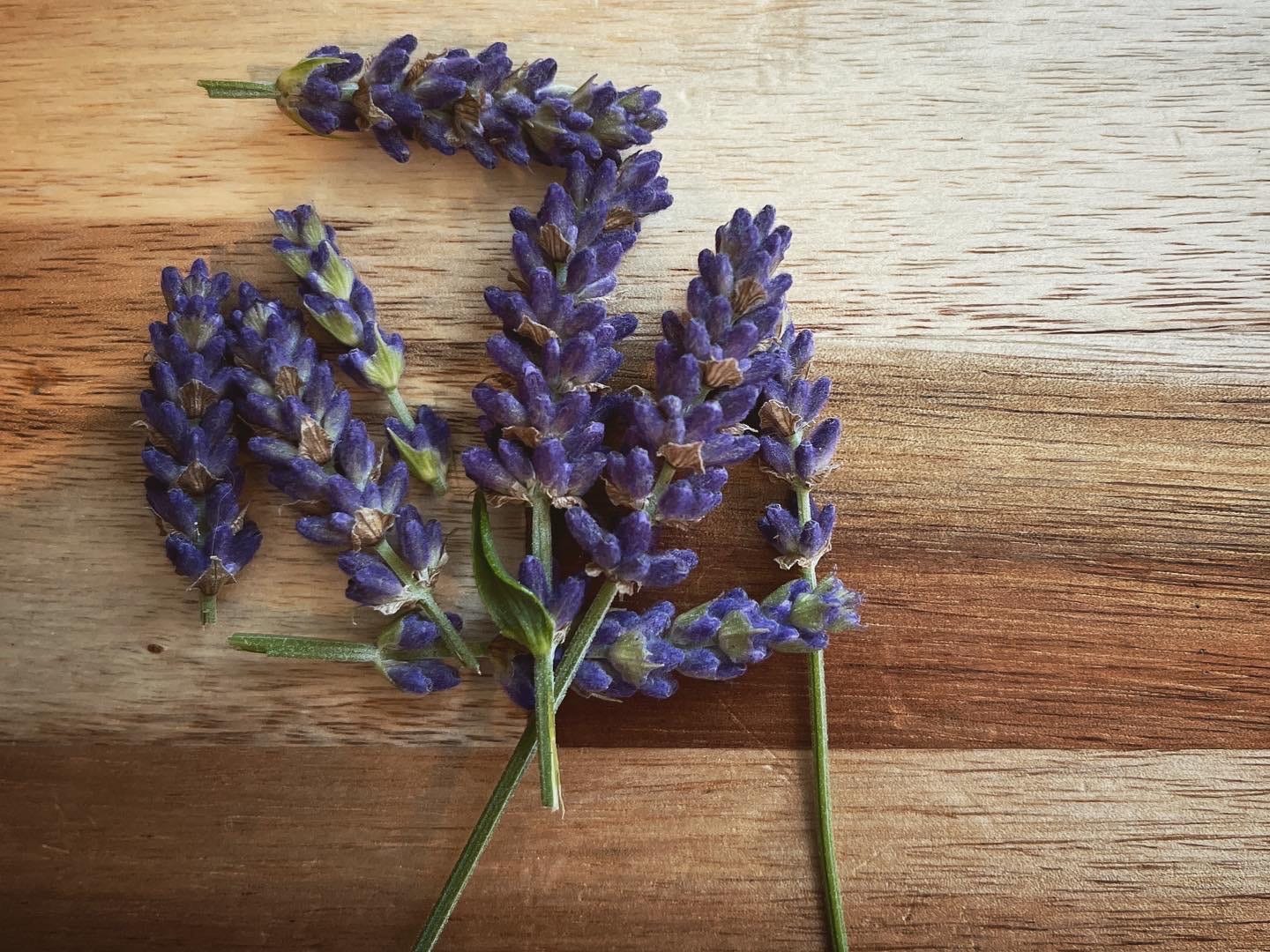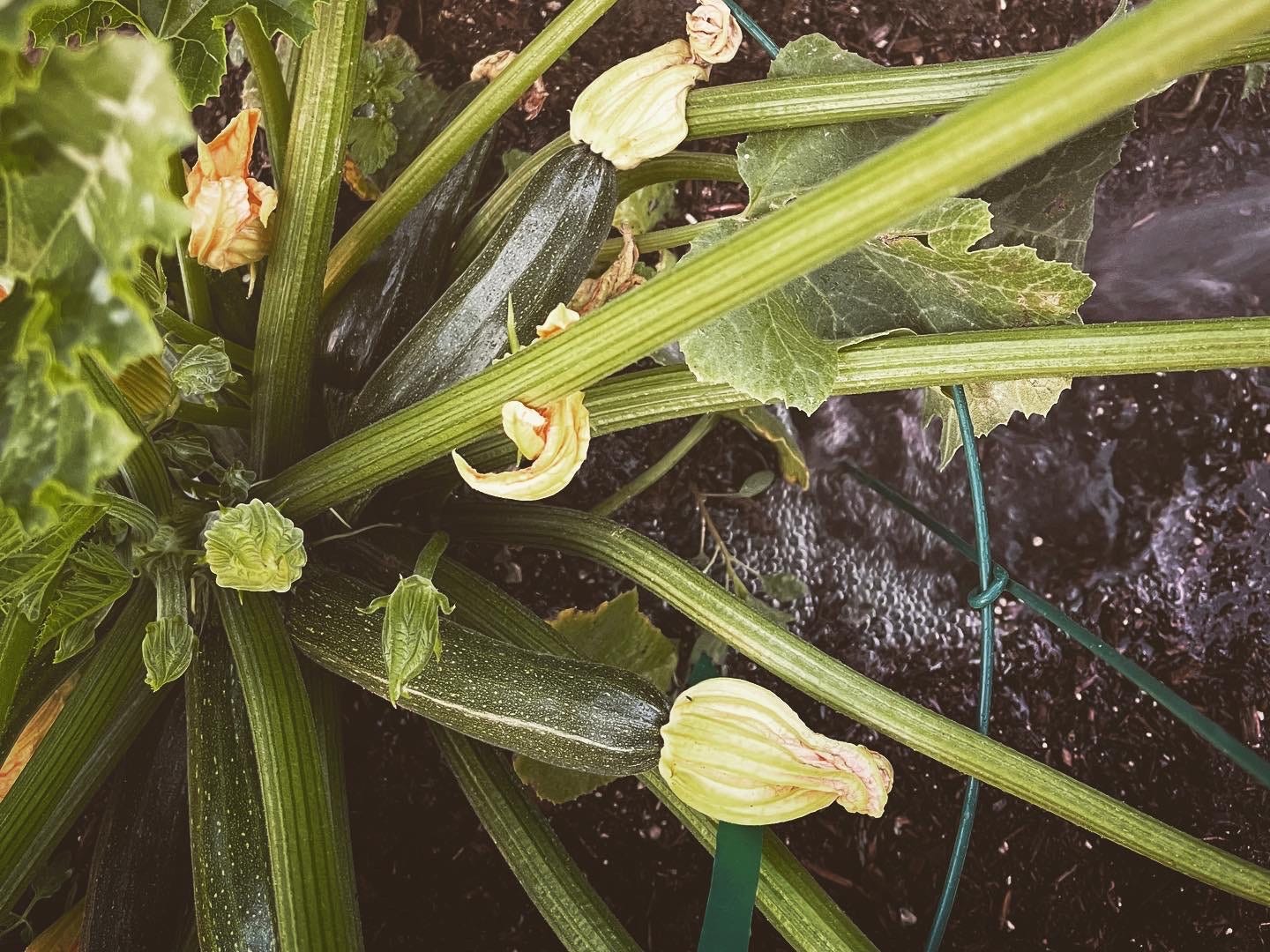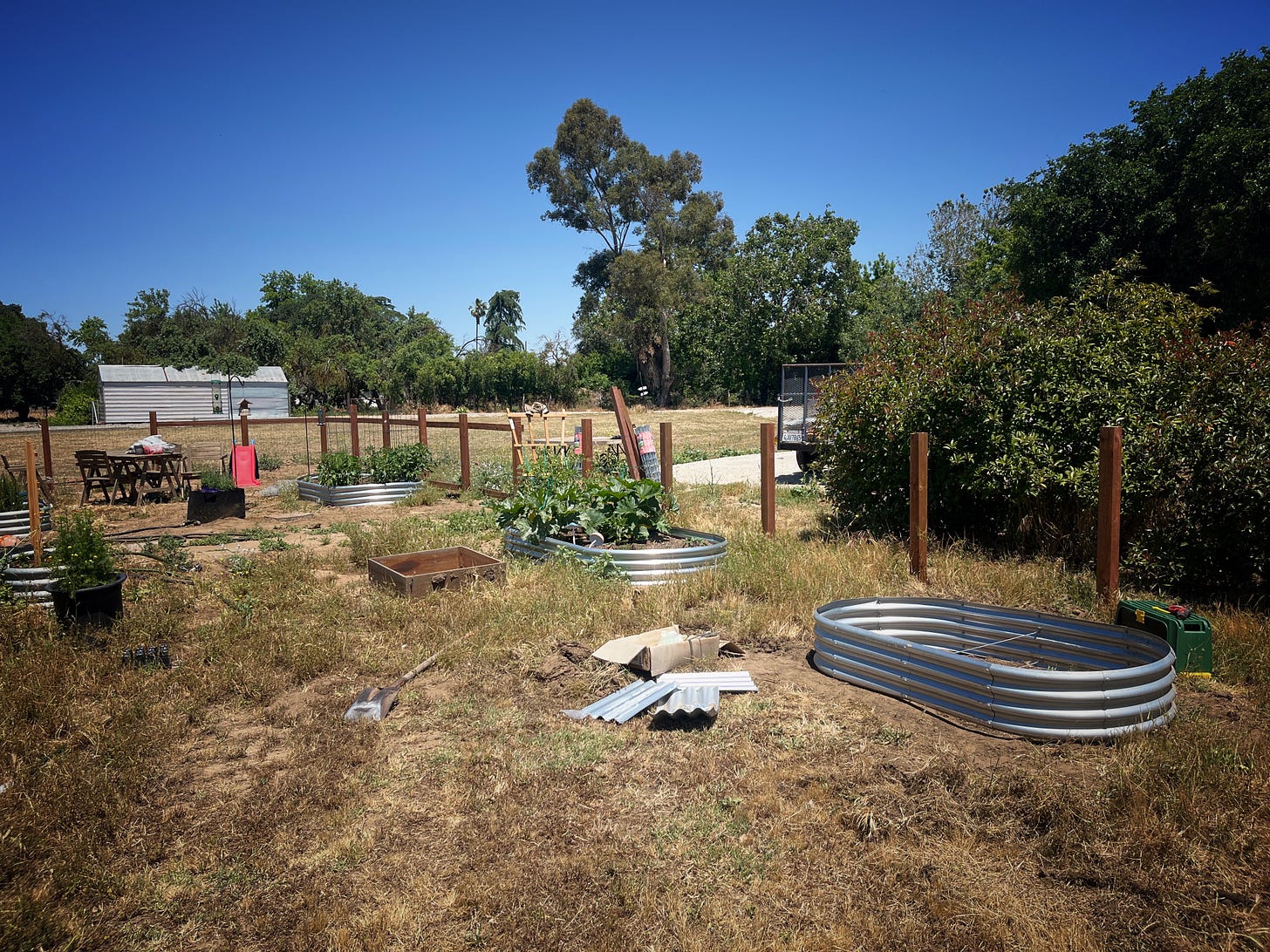

Discover more from Practicing Resurrection
This tech detox is kicking my butt. I didn’t realize how addicted I was to social media until I deleted it from my phone and realized how restless that made me. I must admit, I’ve fallen away a few times, finding myself scrolling or mindlessly watching things. Each time, however, I’ve pulled myself back on track.
But man. It’s been hard. If you see me liking your Instagram post or watching your stories, feel free to yell at me to get back on track.
Anyway.
I’ve been reading a lot during the in-between times of the day when my son is playing quietly or distracted by something else. It’s my alternative to staring at my phone, and it’s worked well. I’ve been surprised by how quickly a few pages here and there add up. So far, I’ve read eight books of varying lengths and topics. I’m also currently working through two books, one fiction and one non-fiction and both by Wendell Berry: Jayber Crow, and The Unsettling of America: Culture and Agriculture.
I was deeply struck by what Berry said in the very first chapter of Unsettling America, outlining the difference between an exploitative mindset and a nurturing mindset.
The exploiter is a specialist, an expert; the nurturer is not. The standard of the exploiter is efficiency; the standard of the nurturer is care. The exploiter's goal is money, profit; the nurturer's goal is health -- his land's health, his own, his family's, his community's, his country's...the competence of the exploiter is in organization; that of the nurtuerer is in order -- a human order, that is, that accommodates itself to both other order and to mystery.
Wendell Berry
As people who’ve grown up in a society full of an exploitative mindset, perseverance is hard. it’s easy to feel like something’s wrong if we run into difficulty (I touched on this idea in my last post). We have grown accustomed to instantaneous results, available at the push of a button or exchange of a dollar: clothes, food, entertainment, etc. We’re used to technology removing discomfort and wait times and inconvenience.
But what else does that remove from our lives without us noticing?
Berry describes modern agriculture as using technology to take all it can from the land, pouring in chemicals and fertilizers to make up for the depleted nutrients in the soil. I can’t help but see the similarity between this and our love of expediency and productivity. As a culture, don’t we do the same with our lives and our time? Sleep deprivation is a badge of honor among corporate workers, as is overtime. We constantly are told to look for ways to improve our performance and utilization. We live through to-do lists and measure our days by the tasks completed. We take all we can from every second we are given and pour in coffee or alcohol or pornography or social media to make up for the depletion we feel.
But what else does that remove from our lives without us noticing?
In the same chapter, after he speaks about the difference between the exploiter and the nurturer, Wendell Berry addresses our attitude towards work.
But is work something that we have a right to escape? And can we escape it with impunity? We are probably the first entire people ever to think so. All the ancient wisdom that has come down to us counsels otherwise. It tells us that work is necessary to us, as much a part of our condition as mortality; that good work is our salvation and our joy; that shoddy or dishonest or self-serving work is our curse and our doom. We have tried to escape the sweat and sorrow promised in Genesis -- only to find that, in order to do so, we must forswear love and excellence, health and joy.
Wendell Berry
We are a culture obsessed with work and yet, ironically, we are also a culture that abhors labor. We look for faster, easier, "better" ways to do things, turning our noses up at once-sacred professions that often refuse the shortcuts: farming, parenting, and the list goes on.
As people who’ve grown up in a society full of an exploitative mindset, perseverance is hard. It’s easy to feel like something’s wrong if we run into difficulty (I touched on this idea in my last post). We have grown accustomed to instantaneous results available at the push of a button or exchange of a dollar: clothes, food, entertainment, etc. We’re used to technology removing discomfort and wait times and inconvenience.
We have produced much comfort and convenience, but at what cost? What has been leeched from our lives by technology?
Cultivating a nurturer’s mindset in an exploiter’s society is not easy, and Berry doesn’t mince words when he describes the the cost of our complacency and the difficulties it entails. But humans are made for a nurturing life. We can restore the goodness and virtues that have been sucked from our lives while we were blinded by the charm of the exploiter.
What does this look like?
We must ask the questions of the nurturer, looking to health and wholeness over expediency and profit. Practicing resurrection, as Berry says in his poem Manifesto: The Mad Farmer’s Liberation Front. Learning to labor and to wait, as Wordsworth says in his poem A Psalm Of Life. Serving by only standing and waiting, as John Milton says in Sonnet 19. The list goes on — the importance of nurturing, of patience, of embracing slowness without visible progress — all themes which show up time and time again in poetry. Perhaps because poetry itself fights the exploiter’s mindset.
(I take comfort in the fact that is one thing AI still cannot do, and may never be able to do: write real, good poetry.)
I have been impatient to get our front yard perfectly cultivated, exasperated by how unfinished it looked. But as I read Wendell Berry, I realized how backward that approach is. Now, I’m working on embracing the slow, messy process. Yes, our front yard looks like a weed-infested patch of barren land. That’s what it was until we built our house. Life and beauty and order don’t come at the push of a button. They come with sweat and labor and love. With watering and weeding and shaping.
And slowly, life and beauty and order are taking shape. My garden boxes are alive and verdant with herbs and vegetables. My zucchini and tomatoes are both growing well. My peppers are flowering. My chamomile and roses and marigolds and lavender are all blooming and fragrant.
This approach to gardening should translate over my approach to my life, too. I am nowhere near the person I aspire to be, in holiness or intelligence or skill. It’s easy to get frustrated and beat myself up for where I’m at, telling myself I should be better. Yet that will get me nowhere, just like looking at the weeds and uneven dirt of our yard and getting impatient will accomplish nothing.
Yes, I’m not as patient or disciplined or holy as I’d like to be. But instead of getting impatient and shrugging off the idea of growth and change, or wasting time and money on the latest self-help fad, the only thing that will produce life and beauty and order in my life is the same as what cultivates that in my garden. I should approach myself with the same nurturer’s mindset of wholeness and health.
The only way forward is to put on my gloves and pick up the shovel.








Ugh. Being patient is so…. Time-consuming 😂
I want to be good at everything nowwww 😖
Yay to being on Substack!